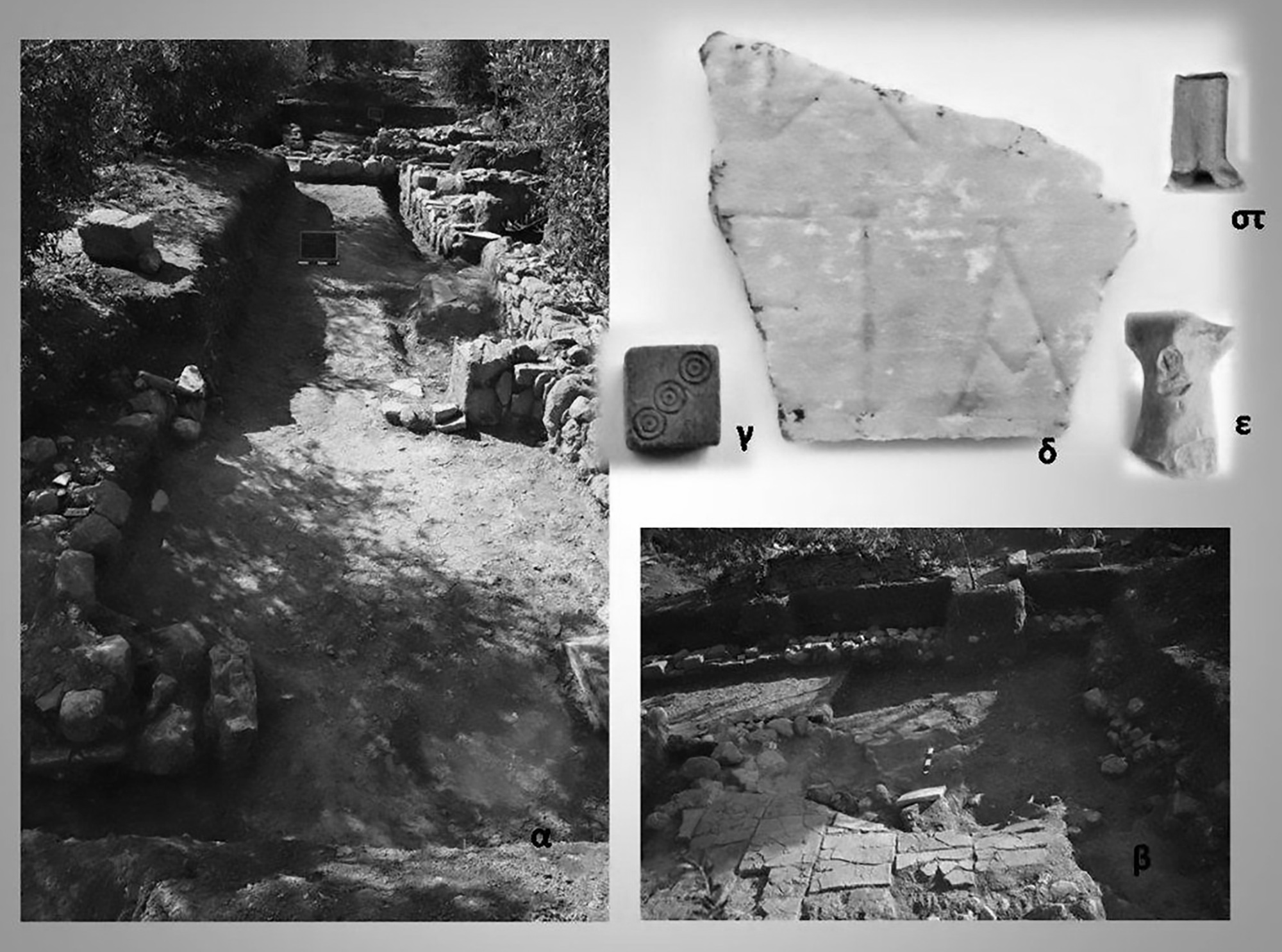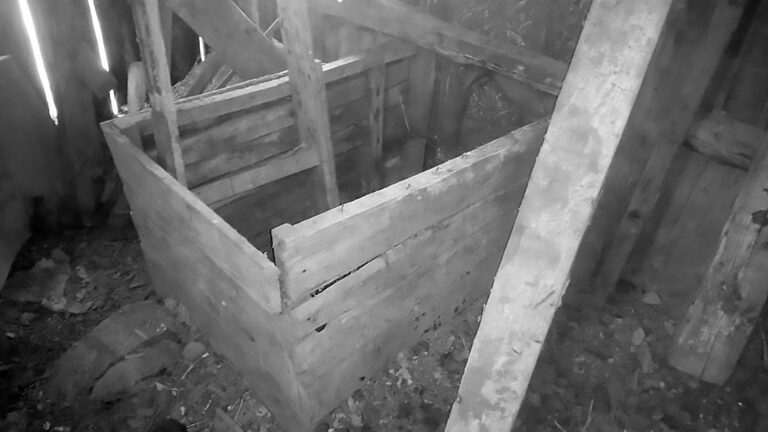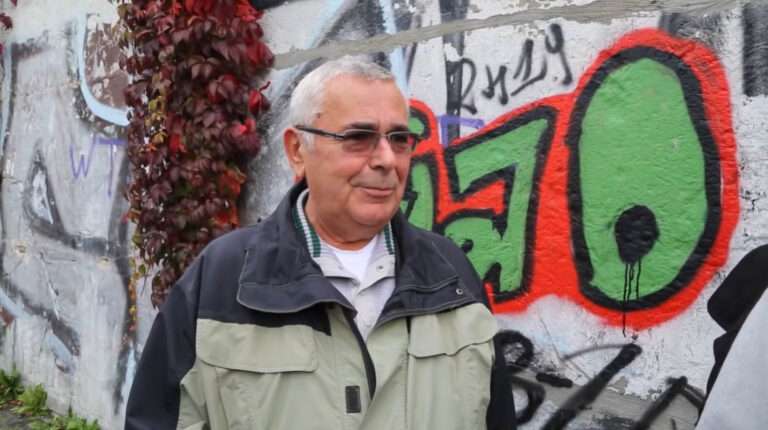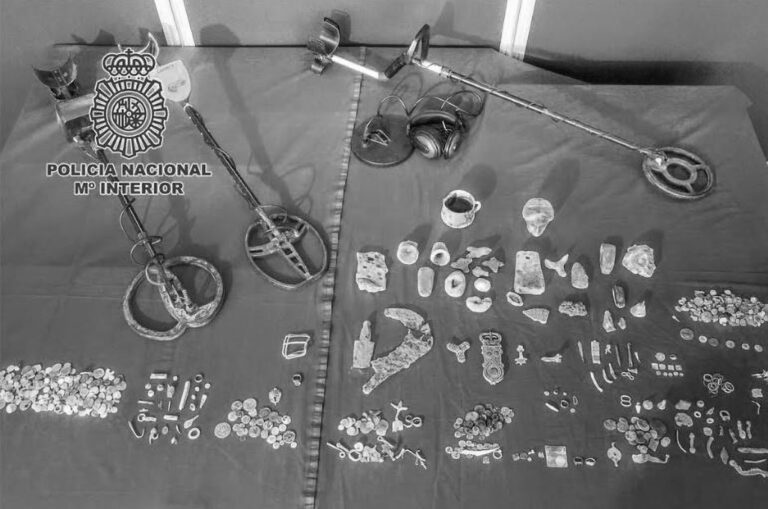Greek archaeologists say they have uncovered the first remnants of the mythical city of Tenea which dates back to the 12th or 13th century BC.
The ancient site, which is believed to have been founded by former Trojan prisoners of war, was discovered in the village of Chiliomodi in the southern Greek region of Corinthia, and dates back to the Hellenistic and Roman period.
According to legend, the mythical Greek king of Thebes, Oedipus, grew up in the city.
In several ancient texts, Oedipus is famous for accidentally fulfilling a prophecy that he would end up with him killing his father and marrying his mother.
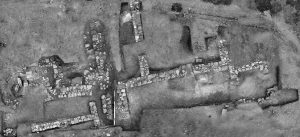
The site’s discovery was part of an ancient Tenea research project organised by the General Directorate of Antiquities and Cultural Heritage and led by archaeologist Dr. Elena Korka.
She told local media: “Ancient writers like Strabo talk about Tenea and stories say that Oedipus was raised there. This, of course, is a myth, but it certainly means something.
It is believed that the first inhabitants of Tenea were Trojan prisoners of war who were granted permission by the mythical king Agamemnon to build their own town.
The name Tenea resembles that of Tenedos, which is said to have been their hometown.
Tenedos is located off the coast of Turkey in the Aegean Sea.
Dr Korka explained: “Legends say that Agamemnon sent the Trojans, or residents of Tenedos, to Tenea and that shows the city’s importance.
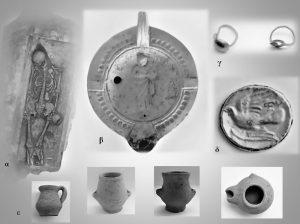
“However, we must concentrate on what we find here and only consider the results of our ongoing excavation.
“There might be artefacts picturing Aeneas (Hector’s mythical cousin who is also mentioned in Homer’s ‘Iliad’) leaving Troy or showing Oedipus confronting the Sphinx.
“Although they are popular subjects, nothing can be said until there is precise, clear evidence.”
Ancient Tenea is to be rich in artefacts and at least 200 coins were found in a relatively small area dating from the 4th century BC to late Roman times.
Dr Korka said: “Throughout the excavation we have identified many items that show considerable commercial activity and widespread communication with many parts of the world.”
Finds also included marble and stone floors, walled structures and household pottery.
A pottery jar containing the remains of two human foetuses was also found in the foundations of one building.
This was considered unusual as the ancient Greeks typically buried their dead in cemeteries outside the city walls.
To find out more about the author, editor or agency that supplied this story – please click below.
Story By: Anastasia Tsougka, Sub-Editor: Joseph Golder, Agency: Central European News

